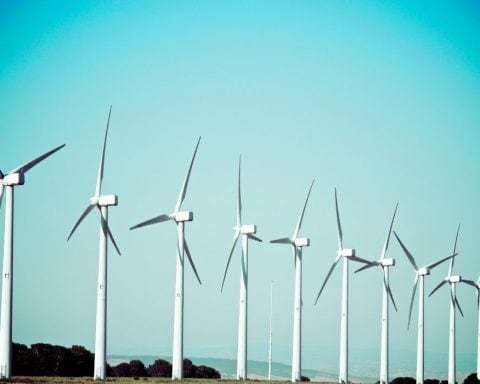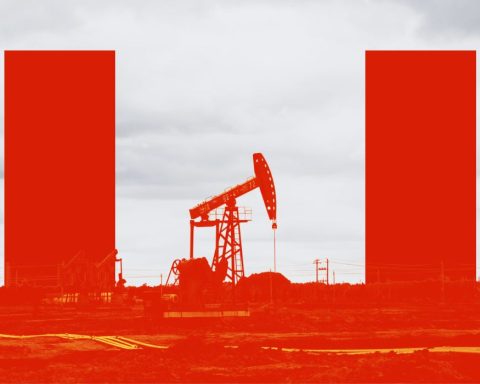COP27 exposed some realities about the oil and gas sector’s climate ambitions. A UN report released during the summit called out the sector’s greenwashing and weak net-zero commitments as the industry had a massive lobbying presence at COP that outnumbered almost all other nations and likely impaired the negotiations around phasing out fossil fuels.
The oil and gas sector’s activities at COP27 follow another massive quarter for Canadian oil-sands companies, with quarterly net earnings staying near $2 billion. In theory, these companies’ financial strength should position them to invest aggressively in their energy transition. But, as Canada’s environment minister, Steven Guilbeault, pointed out recently, they are not doing so. Worse, they continue to lobby against climate action.
Oil and gas companies need to invest today if they are to have any hope of meeting 2030 emissions reduction targets and reducing their exposure to climate risks. The longer they wait, the more the risk grows, not only to themselves, but also to their investors and to anyone who depends on a functioning climate.
While delaying direct investment to reduce their emissions, Canadian oil-sands companies have been very active with a public relations effort called the Pathways Alliance. This organization represents Canada’s six largest oil-sands producers, operating approximately 95% of the country’s oil-sands production. You may have heard of it, because it is running an extensive promotional campaign claiming plans of investing billions in carbon capture and storage.
Unfortunately, the emphasis of the campaign has been on the promise of action if the companies can receive more government subsidies, with few details on when these planned investments will materialize in the member companies’ capital expenditures. Given that these companies have healthy balance sheets and investment tax credit programs for carbon capture and hydrogen production, they should be getting on with it instead of asking for more subsidies. And, given doubts about the feasibility of carbon capture at scale, as well as the fact that it won’t deal with the majority of emissions that occur at the tailpipe, this technology alone can’t be seen as the solution. We need an actual energy transition, too.
Canada’s Paris Agreement goals are to achieve a 45% reduction in emissions by 2030 through all sectors and parts of our economy. As part of this effort, the government has started discussions about a 2030 cap on oil and gas emissions – a sector that accounts for more than a quarter of Canada’s emissions and has been the fastest-growing source since 2005.
Yet these oil and gas companies have not converted their stated support for the Paris Agreement and commitment to net-zero by 2050 into support for action by 2030 through a cap on their own emissions. Instead they are claiming the 2030 cap is “unnecessary” and is a “very extreme stretch goal.”
Lobbying that is misaligned with the Paris Agreement is endemic to the industry. A recent report by responsible investing organization SHARE on oil and gas lobbying found an increase in commitments and disclosure by Canadian companies, but “many companies continue to promote the regulatory status quo or limit climate action either through direct engagement with policymakers or by financing industry associations.”
Moreover, U.K.-based InfluenceMap finds that while the oil and gas sector has shown some improvements on climate goals over the last five years, no fossil fuel company in the world is supporting the climate policy pathways needed to deliver the goals of the Paris Agreement. It also finds the Canadian Association of Petroleum Producers to be the fifth most obstructionist of all industry associations in the world on climate action.
With record quarterly earnings and increased government support for carbon capture, it’s past time for oil and gas companies to act on their rhetoric by making actual investments to reduce pollution and transition toward clean energy. Otherwise, the misalignment between words and action will increase material financial risks to the companies’ investors, increase systemic climate risks to our economy and society, and delay the climate action we need to reduce economic uncertainty and volatility.
Duncan Kenyon is the director of corporate engagement with Investors for Paris Compliance (I4PC) and has more than 20 years of environmental, business and climate change leadership experience.





